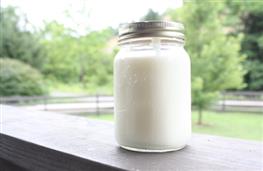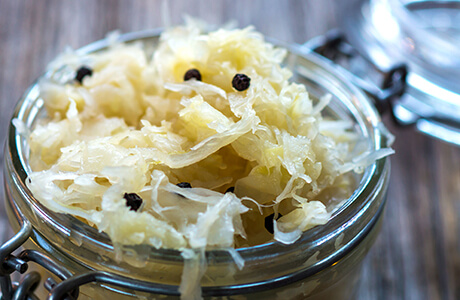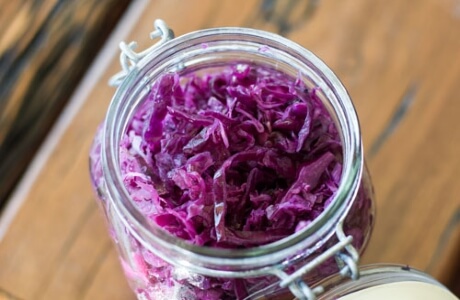What is IBS?
Irritable bowel syndrome (IBS) is the name given to a long term condition that causes uncomfortable bowel symptoms!

Share
Do you suffer from cramps to bloating and diarrhoea that seem to come and go with no easy explanation as to where they come from or when they may return? If you’re an IBS sufferer you’ll be familiar with these symptoms and more.
Irritable bowel syndrome (IBS) is the name given to a long-term condition that causes uncomfortable bowel symptoms that are not easily explained by any other condition.
The biggest symptom for me over the years is called 'hurry up' where I get about 60 seconds notice to get to toilet where I have what I can only describe as an unsatisfactory number 2 experience!
I also experience sometimes severe cramps that keep me up at night often when I am relaxed and on holiday! GP's have always told me that these symptoms have no specific cause and advised me to use the internet to get advice…
To be fair to my GP, symptoms vary so much from person to person there appears to be no single easy and effective treatment, leaving doctors shrugging their shoulders much as I did when asked why I had to always be within swift reach of a functioning toilet.
Studies have shown that when we have IBS our gut is more sensitive and yes - 'irritable' giving rise to the variety of symptoms that us IBS sufferers have.
IBS Symptoms
According to the ibsnetwork.org IBS symptoms may include:• Abdominal cramps, often relieved by going to the toilet
• Bloating
• Diarrhea
• Constipation
• Frustrated defecation (needing to go to the toilet but not being able to)
• Tiredness
• Nausea
• Heartburn and indigestion
• Backache
• Needing to pass urine frequently
• Headaches
• Muscle pains
• Anxiety
• Depression
Quite a list of symptoms that to be fair could be attributed to many conditions, however if you have been diagnosed with IBS or very strongly suspect that you have it, there is help at hand.
FODMAPS
The latest science on potential causes of IBS is the information about FODMAPS.FODMAPS are in essence carbohydrates that are difficult to digest and can lead to the classic IBS symptoms of bloating, wind, abdominal pain and my 'hurry up'.
These indigestible carbs can be found in a variety of foods and a diet that excludes these foods has been shown to be effective for up to 70% of IBS sufferers. Low FODMAP foods have also been identified, and a diet that both excludes high FODMAP foods and includes low FODMAP foods has been found to be very effective at relieving the symptoms of IBS.
My experience
My experience of excluding high FODMAP foods has been a complete cure for my hurry up and a huge reduction in other symptoms such as wind, good news for everyone that knows me!My life has completely changed and my wife is really happy that we can go out for a walk or shopping without me having to make a dash.
How can I find out which foods are high FODMAP?
CheckYourFood provides information on both low and high FODMAP foods, so you can exclude and include the right foods for you, and here is the really unique feature of CheckYourFood, you can also ensure that whilst on this diet that you are getting all your other nutritional needs met!By using the Free For Life account on CheckYourFood you will be able to exclude high FODMAP foods and include low FODMAP foods and meet your RDAs (recommended daily amounts) for all vitamins, minerals, omegas and antioxidants to ensure you are getting what you need as an IBS Sufferer who needs to watch what they are eating.
Once signed in to the site every ingredient and meal on checkyourfood/IBSsufferer will then be personalised to you with every ingredient and meal telling you the % of your RDAs they are meeting and alerting you to whether they help or hinder your IBS.
You can analyse your meals using the most accurate analysis tool available, that takes into account the effects of cooking on nutrients, alerts you to any HIGH or LOW FODMAP foods present and expresses the results as the % of your personal RDAs that meal is meeting.
You'll be able track what you're eating and see the % of your personal RDAs for over 50 nutrients that your diet is meeting. You can then adjust your diet as you go along ensuring that you are excluding HIGH FODMAP foods, including LOW FODMAP foods and getting the maximum resources that your body needs as an IBS Sufferer.
Recommendations
I feel so much better as a whole and would recommend anyone with IBS to try exculding the high FODMAP foods and then re introduce them slowly to see which ones work and don't work for you.We also offer recommendations based on the latest research about foods that can really help with IBS, I personally make my own sauerkraut and kefir to help with my gut bacteria and IBS symptoms, and will point you to recipes and research that back this up
.
If you haven't already signed up click here to start your Free For Life Account
Now check these out
Love this? Get blogs and more in your inbox
Subscribe to receive our blogs plus each weeks featured ingredient, recipe and nutrient in your inbox
Thank you for registering

 About nutrients
About nutrients
 All nutrients
All nutrients
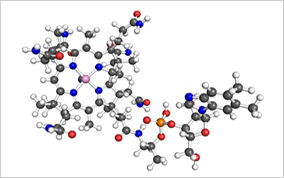 vitamins
vitamins
 minerals
minerals
 phytochemicals
phytochemicals
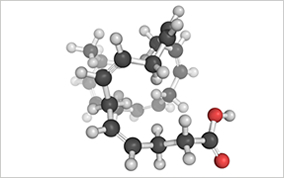 fatty acids
fatty acids
 macronutrients
macronutrients
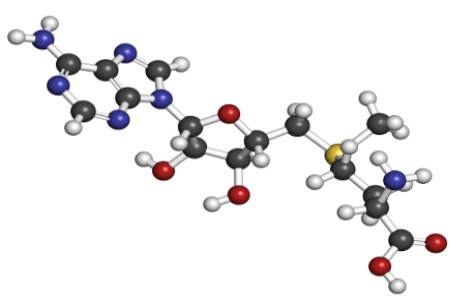 amino acids
amino acids

